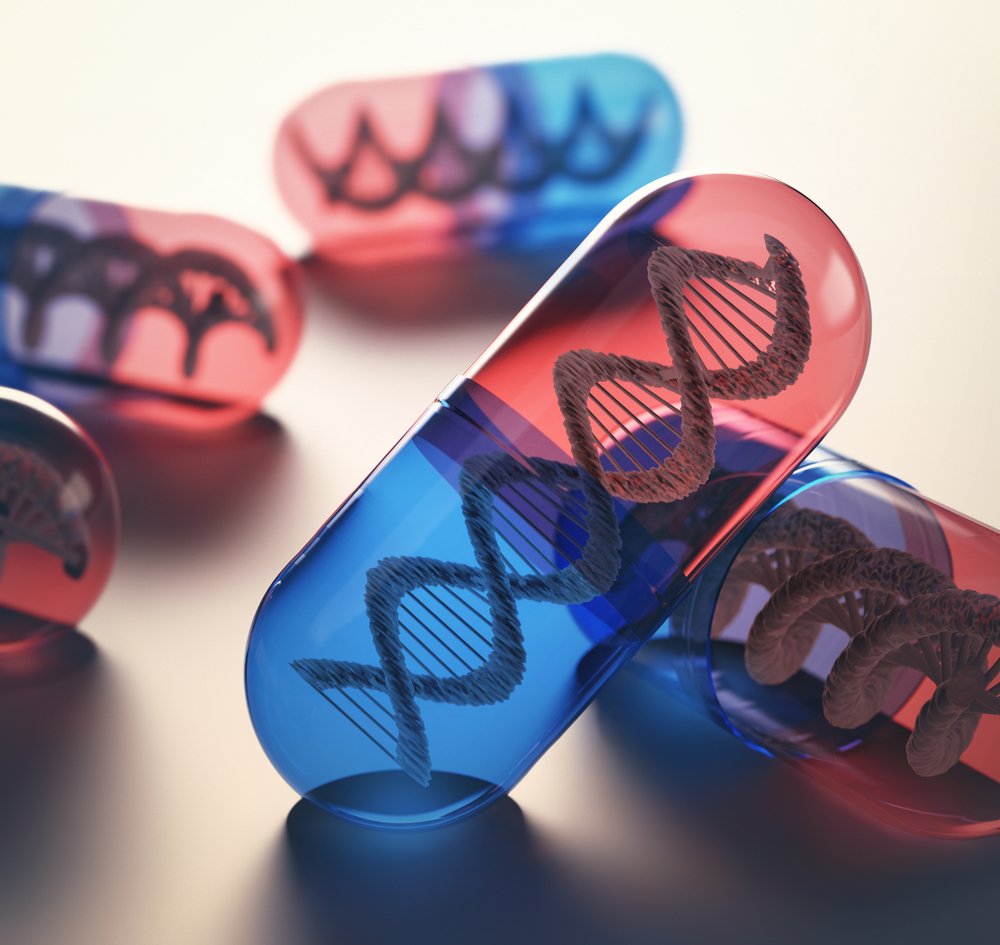Huntington’s Therapy’s Virus Delivery System Works in Primates, Study Shows

A virus that delivers UniQure‘s gene therapy candidate AMT-130 has done a good job of getting the Huntington’s disease treatment into the brains of primates, company research shows.
Injections of the virus delivered the treatment with precision and without side effects, researchers said. AMT-130’s delivery component is an AAV5 viral vector. AAV5 stands for adeno-associated viral vector serotype 5.
UniQure’s study, “MR-guided parenchymal delivery of adeno-associated viral vector serotype 5 in nonhuman primate brain,” was published in the journal Gene Therapy.
Scientists developed AMT-130 to silence the mutated huntingtin gene the causes Huntington’s. The man-made micro-RNA molecule shuts down the gene’s protein-producing machinery.
UniQure is the only company that uses AAV5, a non-disease-causing virus, to deliver therapies. It has exclusive rights to use the vector to carry treatments to the brain and liver.
UniQure’s scientists collaborated with researchers at the University of California, San Francisco, on the study. They used magnetic resonance imaging (MRI) brain scans to inject the virus into specific brain regions, where it entered neurons and was transported within axons, or long nerve fibers.
The research supports the notion that AAV5 can be used to distribute a treatment in the central nervous system — a crucial component in developing Huntington’s therapies. “AAV5 is a very effective vector for the central nervous system and has potential for the treatment of a wide range of neurological pathologies,” uniQure said.
“This study further supports our belief that AAV5 is an optimal vector for CNS-delivery of gene therapy, and is an important step forward in defining the parameters for direct injection of AAV5 into the brain for future clinical applications in humans,” Harald Petry, the company’s chief scientific officer, said in a press release.
“In particular, these data will help guide the design and development of the planned clinical trials of AMT-130. We look forward to making several preclinical data presentations at scientific meetings this year and to file an Investigational New Drug (IND) application for AMT-130 in 2018.”
UniQure plans presentations on its efforts to develop Huntington’s disease gene therapies at several scientific meetings. They include the World Orphan Drug Congress USA April 19-21 in Washington and the 12th Annual HD Therapeutics Conference April 24-27 in Malta.






